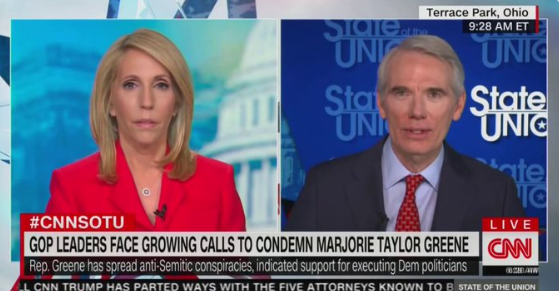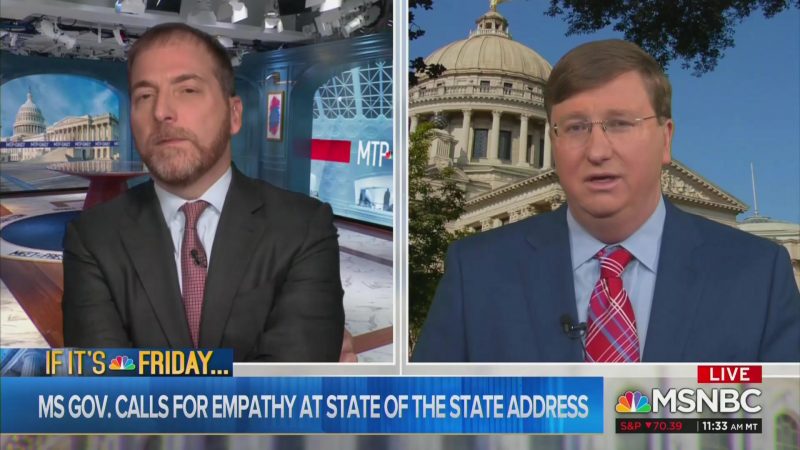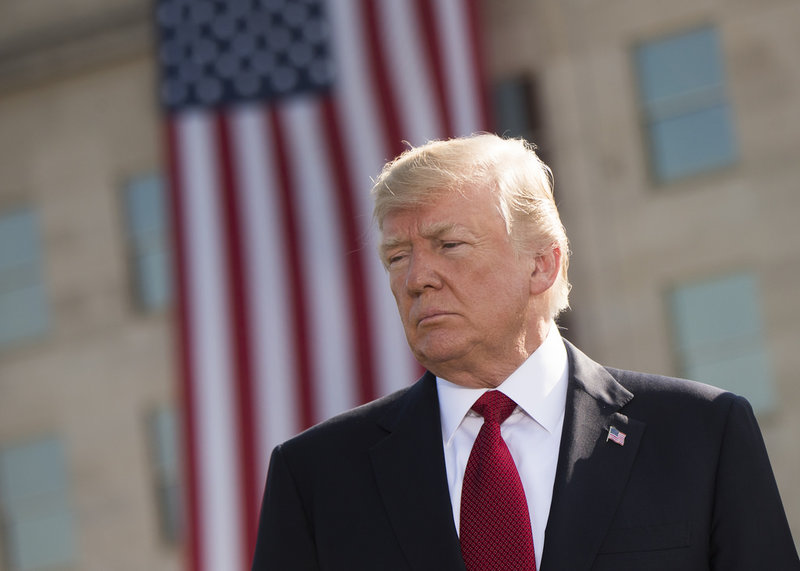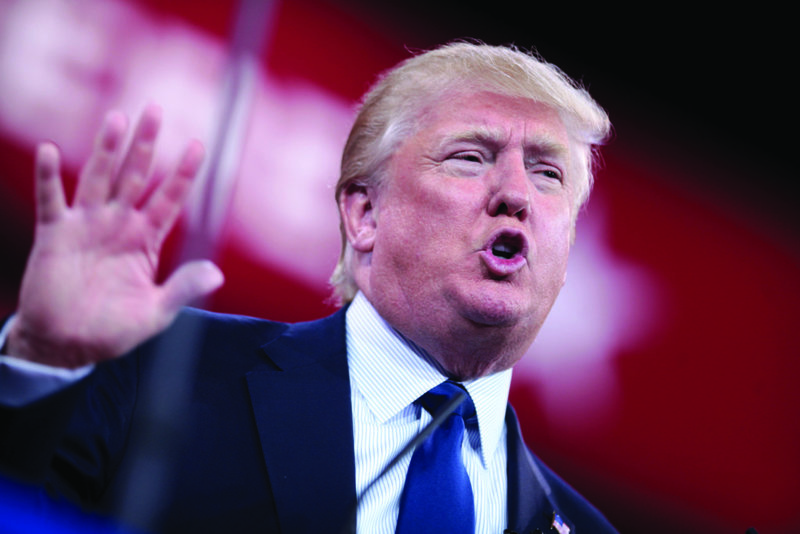Larry Lessig Was Perhaps This Election’s Most Ambitious And Populist Presidential Candidate

Harvard University professor Lawrence Lessig has dropped out of the presidential race. He officially ended his campaign Monday.
“I must today end my campaign for the Democratic nomination, and turn to the question of how best to continue to press for this reform now,” he said in a video released on YouTube and his website.
Lessig’s strategy had been to get into the Democratic debates after achieving at least 1% support in three polls, but the Democratic Party changed its rules for inclusion in a way that blocked his admittance.
“Last week we began to get close: two polls found me at one percent, one more and I would be in the second debate under the original rule. But under the new rule the standard is three polls at least six weeks before the debate. That means I would have had to have qualified at the beginning of October which means that nothing that happens now could matter. Under this new rule I am just shut out.”
Lessig has been perhaps the most populist, ambitious candidate to run in this election with his pledge to resign from the Presidency, if he were to win, as soon as his campaign initiative, the Citizen Equality Act of 2017, was passed into law by Congress. The proposal was planned to be largely crowdsourced as the campaign progressed, and a Lessig victory in the 2016 Election would serve as an undeniable national mandate for the Citizen Equality Act’s passage in Congress.
This proposed act has three main goals. First, to ensure the equal right to vote accompanied by an automatic voter registration and an Election Day national holiday. Second, to ensure equal representation by reorganizing districts and ending political gerrymandering. Third, to ensure that our elections are funded democratically by making small-dollar contributions the backbone of campaigns. It is largely intended to reform Congressional dysfunction.
“We can’t solve any of the problems that this nation must address until we fix the crippled and corrupted institution of Congress first,” he said.
But campaign awareness has been a big problem for Lessig, and most of his support has come from small networks operating largely on the Internet. This aside, it has not been very democratic of the Democratic Party to bar him from participating in the debates, especially since Jim Webb and Lincoln Chafee have both dropped out leaving just three Democratic candidates. Bernie Sanders, Hillary Clinton, and Martin O’Malley could have used another voice in debating and articulating the Democratic Party’s 2016 soul, and in stark contrast the Republican Party still has fourteen major candidates participating in GOP debates.
“Now I wanted to run for president as a Democrat because the values I champion are shared by all Americans but especially by Democrats, but it is now clear that the party won’t let me be a candidate, and I can’t ask people to support a campaign that I know can’t even get before the members of the Democratic Party.”
Despite ending his campaign, though, Lessig said he is still optimistic about enacting Congressional reform.
“If we can just find a way to inspire our leaders to lead on this issue, to speak the truth openly and repeatedly about how crippling and corrupted Congress has become then we could win back what has been taken from us, we still have that power.”
“Like the progressive movement a century ago it will be millions working together from every political stripe who will win this democracy back.”






